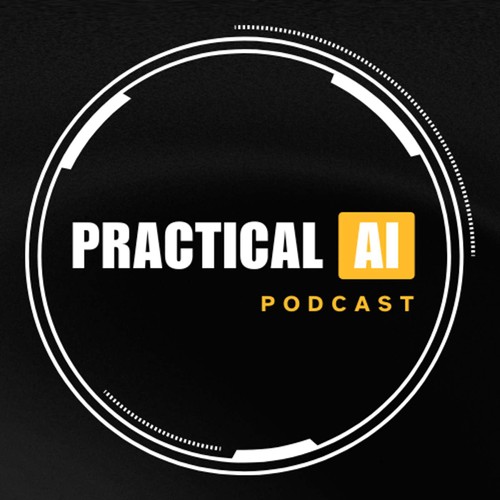
 Practical AI
Practical AI Causal inference
17 snips
Apr 25, 2023 In this engaging discussion, Paul Hünermund, an assistant professor at Copenhagen Business School and expert in causal AI, dives into the nuances of causal inference in AI and data science. He clarifies how it differs from mere correlation and its application in business decision-making. Paul discusses methods like double machine learning and experimentation, highlights the gap between causal analysis and predictive models, and shares trends that underscore the importance of understanding causal relationships in enhancing AI methodologies.
AI Snips
Chapters
Books
Transcript
Episode notes
Causal Inference vs. Standard ML
- Causal inference distinguishes cause and effect, unlike standard machine learning, which focuses on correlations.
- It uses different tools and requires background knowledge to avoid nonsensical correlations.
Why Causal Inference Matters
- Causal inference predicts the impact of actions, answering "what if" questions crucial for business decisions.
- It also addresses counterfactual reasoning, like evaluating past policy impacts.
Determinism and Causality
- Causal inference uses probabilistic frameworks, acknowledging uncertainty in outcomes.
- It evolved from probabilistic AI, leveraging human intuition for causality.









